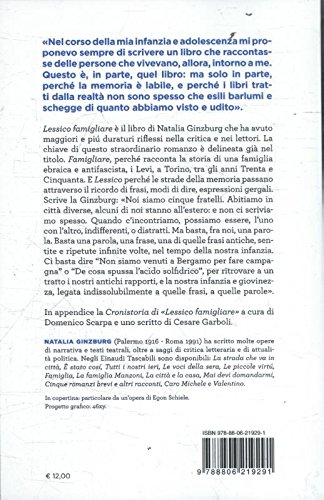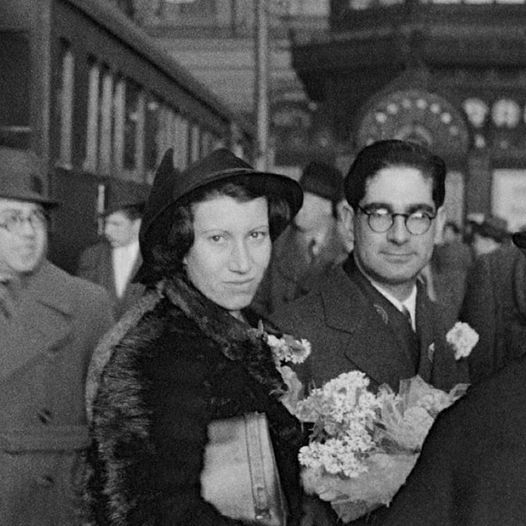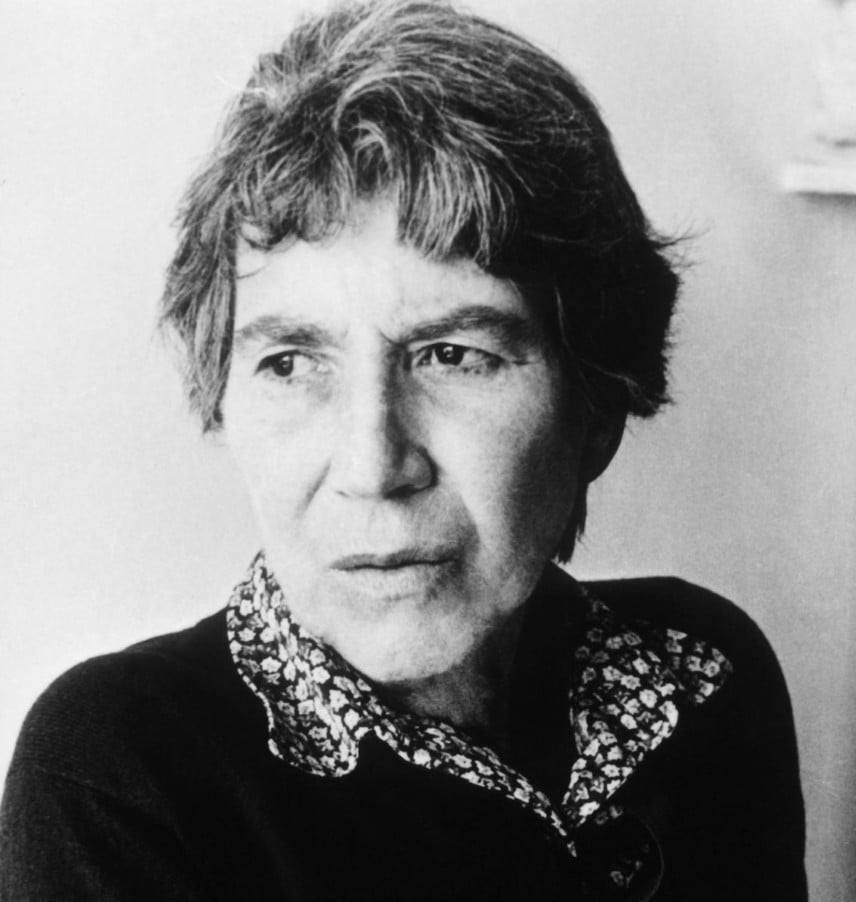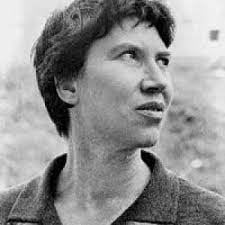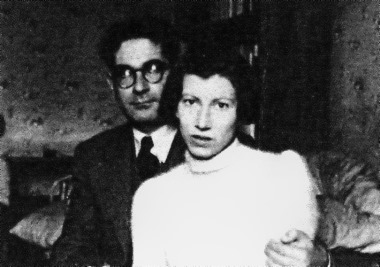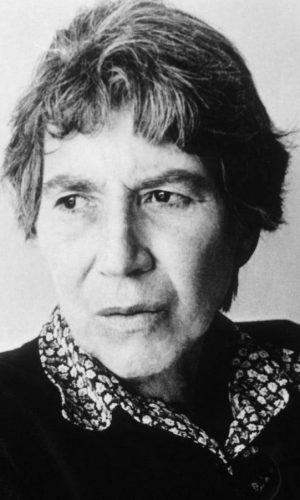Natalia Ginzburg “Lessico Famigliare”- Biblioteca DEA SABINA
Biblioteca DEA SABINA
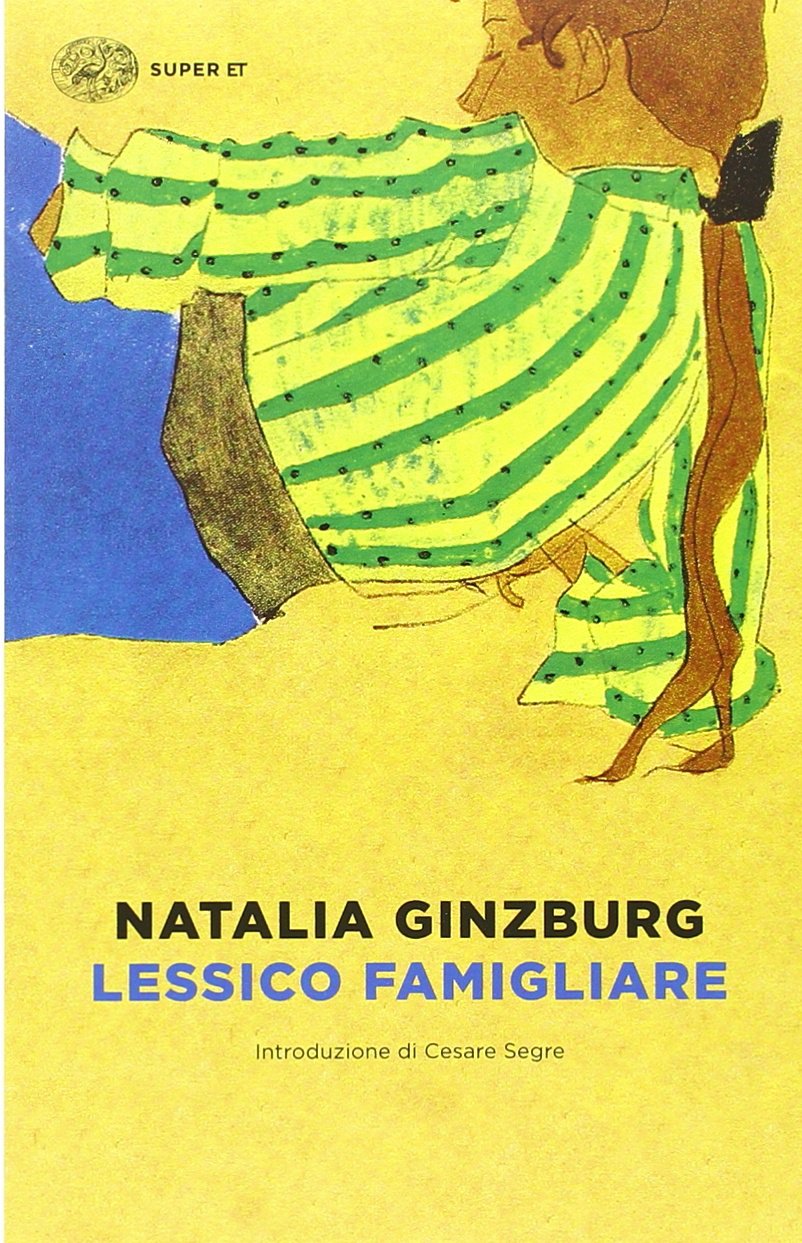
-Natalia Ginzburg “Lessico Famigliare”-
-Store Einaudi Tascabili-
“Lessico famigliare” è il libro di Natalia Ginzburg che ha avuto maggiori e più duraturi riflessi nella critica e nei lettori. La chiave di questo romanzo è delineata già nel titolo. Famigliare, perché racconta la storia di una famiglia ebraica e antifascista, i Levi, a Torino tra gli anni Trenta e i Cinquanta del Novecento. E Lessico perché le strade della memoria passano attraverso il ricordo di frasi, modi di dire, espressioni gergali. Scrive la Ginzburg: “Noi siamo cinque fratelli. Abitiamo in città diverse, alcuni di noi stanno all’estero: e non ci scriviamo spesso. Quando c’incontriamo, possiamo essere, l’uno con l’altro, indifferenti, o distratti. Ma basta, fra noi, una parola. Basta una parola, una frase, una di quelle frasi antiche, sentite e ripetute infinite volte, nel tempo della nostra infanzia. Ci basta dire ‘Non siamo venuti a Bergamo per fare campagna’ o ‘De cosa spussa l’acido cloridrico’, per ritrovare a un tratto i nostri antichi rapporti, e la nostra infanzia e giovinezza, legata indissolubilmente a quelle frasi, a quelle parole”.
Natalia Ginzburg (Italian: [nataˈliːa ˈɡintsburɡ], German: [ˈɡɪntsbʊʁk]; née Levi; 14 July 1916 – 7 October 1991) was an Italian author whose work explored family relationships, politics during and after the Fascist years and World War II, and philosophy. She wrote novels, short stories and essays, for which she received the Strega Prize and Bagutta Prize. Most of her works were also translated into English and published in the United Kingdom and the United States.
An activist, for a time in the 1930s she belonged to the Italian Communist Party. In 1983, she was elected to Parliament from Rome as an independent politician.
Early life and education
Born as Natalia Levi in Palermo, Sicily, in 1916, she spent most of her youth in Turin with her family, as her father in 1919 took a position with the University of Turin. Her father, Giuseppe Levi, a renowned Italian histologist, was born into a Jewish Italian family, and her mother, Lidia Tanzi (the sister of Drusilla Tanzi), was Catholic.[1][2] Her parents were secular and raised Natalia, her sister Paola (who would marry Adriano Olivetti) and her three brothers as atheists.[3] Their home was a centre of cultural life, as her parents invited intellectuals, activists and industrialists. At the age of 17 in 1933, Natalia published her first story, “I bambini”, in the magazine Solaria.
Marriage and family

In 1938, she married Leone Ginzburg, and they had three children together, Carlo, Andrea, and Alessandra.[4] Their son Carlo Ginzburg became a historian.
Although Natalia Ginzburg was able to live relatively free of harassment during World War II, her husband Leone was sent into internal exile because of his anti-Fascist activities, assigned from 1941 to 1943 to Pizzoli, a village in Abruzzo. She and their children lived most of the time with him.[5]
Opponents of the Fascist regime, she and her husband secretly went to Rome and edited an anti-Fascist newspaper, until Leone Ginzburg was arrested. He died in incarceration in 1944 after suffering severe torture.[5]
In 1950, Ginzburg married again, to Gabriele Baldini, a scholar of English literature. They lived in Rome. He died in 1969.
Career
After her marriage, she used the name “Natalia Ginzburg” (occasionally spelt “Ginzberg“) in most subsequent publications. Her first novel was published under the pseudonym “Alessandra Tornimparte” in 1942, during Fascist Italy‘s most anti-Semitic period, when Jews were banned from publishing.
Ginzburg spent much of the 1940s working for the publisher Einaudi in Turin in addition to her creative writing. They published some of the leading figures of postwar Italy, including Carlo Levi, Primo Levi, Cesare Pavese and Italo Calvino. Ginzburg’s second novel was published in 1947.
The experiences that she and her husband had during the war altered her perception of her identification as a Jew. She thought deeply about the questions aroused by the war and the Holocaust, dealing with them in fiction and essays. She became supportive of Catholicism, arousing controversy among her circle, because she believed that Christ was a persecuted Jew.[5] She opposed the removal of crucifixes in public buildings but her purported conversion to Catholicism is controversial and most sources still consider her an “atheist Jewess.”[6]
Beginning in 1950, when Ginzburg married again and moved to Rome, she entered the most prolific period of her literary career. During the next 20 years, she published most of the works for which she is best known. She and Baldini were deeply involved in the cultural life of the city.
In 1964, she played the role of Mary of Bethany in Pier Paolo Pasolini‘s film The Gospel According to St. Matthew.
Ginzburg was politically involved throughout her life as an activist and polemicist. Like many prominent anti-Fascists, for a time she belonged to the Italian Communist Party. She was elected to the Italian Parliament as an Independent in 1983.
